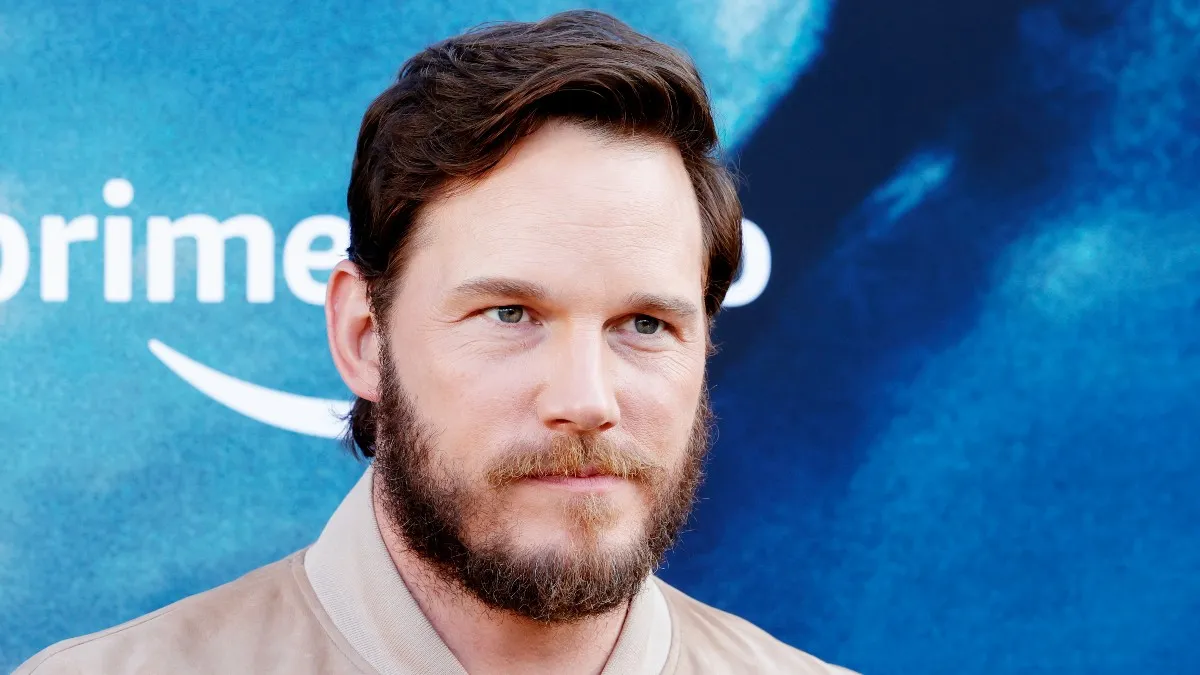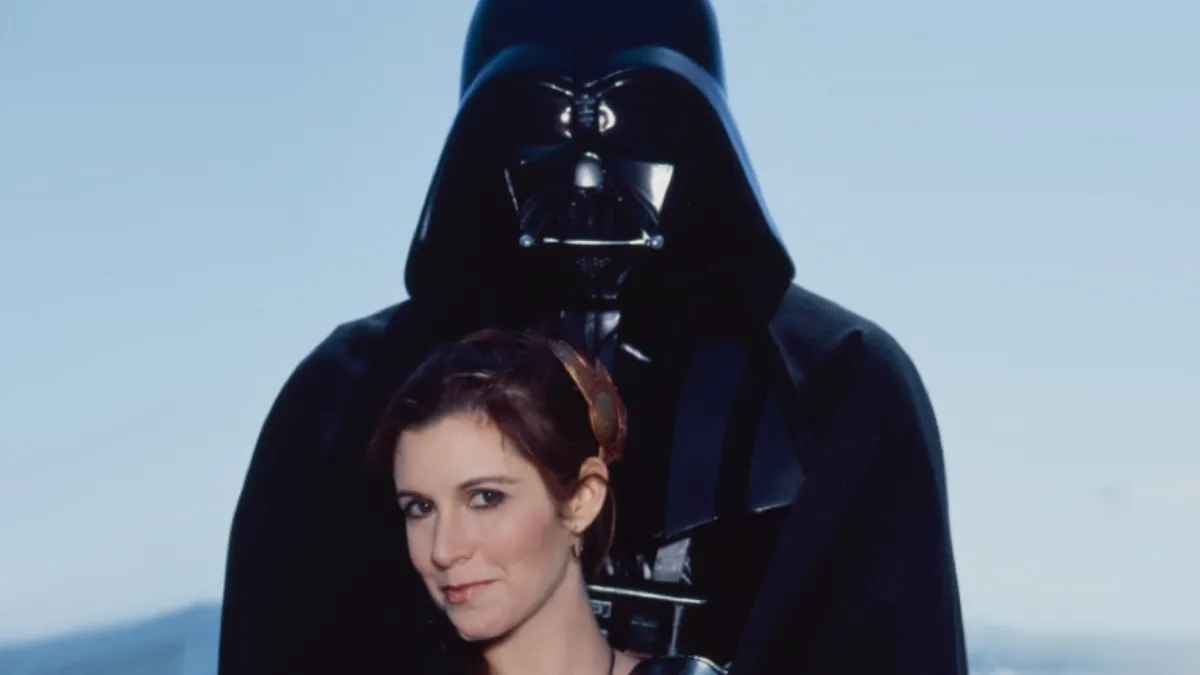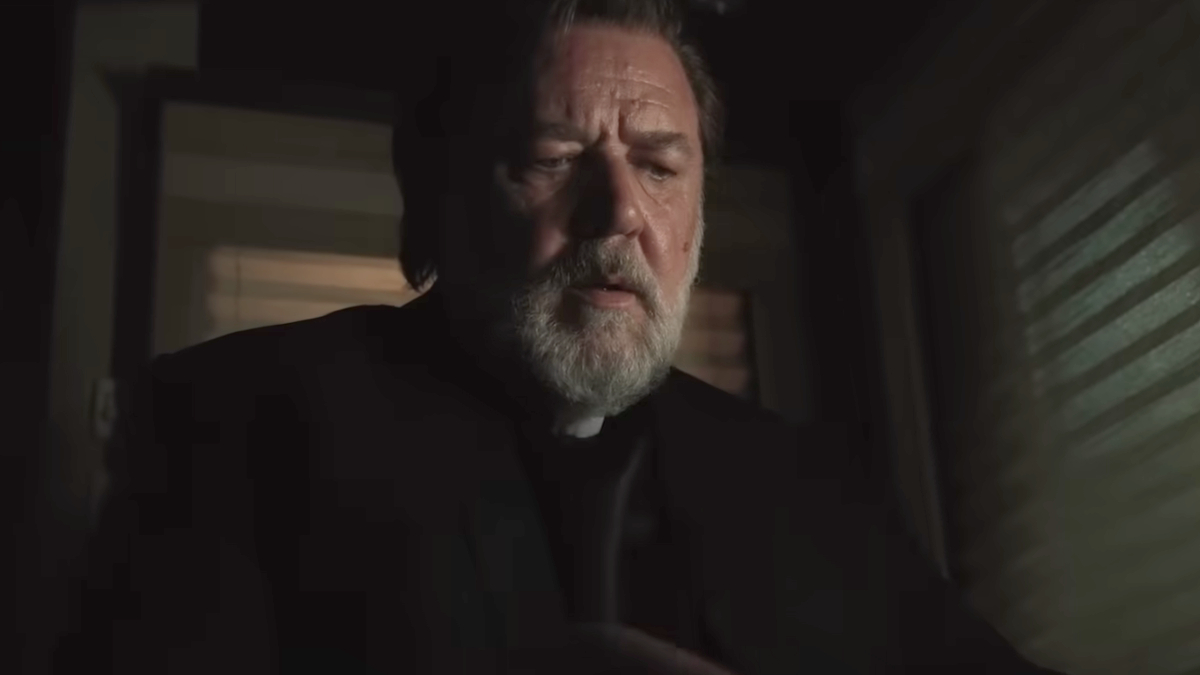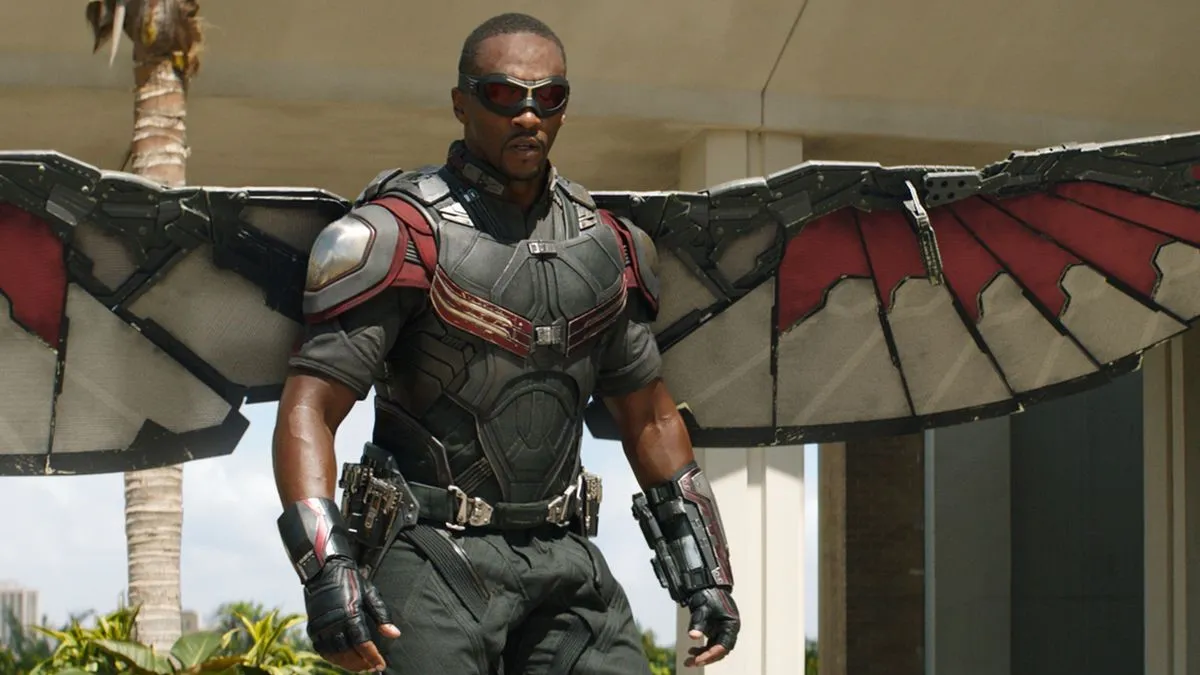
The many people who remember Fred Rogers throughout Won’t You Be My Neighbor? speak of the children’s television host as a near deity, building upon the persona broadcasted weekly for decades while also confirming his overwhelmingly inclusive existence off the screen. It doesn’t take much for Oscar-winning director Morgan Neville (Twenty Feet from Stardom) to portray Rogers as the kind and gentle human America grew up with, but this beautiful work pays an immaculate tribute to him, illustrating the legacy of a man whose nature transcended the concepts of knowledge, understanding, age and love. Fifteen years after his death, the heroic and criminally under-appreciated efforts of Fred Rogers are finally being celebrated on the big screen in what may very well be the best documentary of the year.
Neville humbly guides us through Mister Rogers’ unprecedented success in children’s television in the calm style it requires. Just as he would stroll into his house, put on his cardigan, and slide into his sneakers, Won’t You Be My Neighbor? invites its audience into its story with friends and family who make us not only miss Rogers, but wonder how and if he could help us in these troubling times.
Venturing back to the 1960s (which certainly had its own fair share of troubles), we watch and learn how Fred Rogers used his own experience, philosophy, and theology to build the foundation for his iconic series. Not persuaded by the trope demeaning children’s intelligences, he didn’t talk down to his young audience, rather he talked to them – in one interview, he explains his approach in addressing a national audience, saying that his goal is to make each and every child watching feel that they have his undivided attention. His invitation was all-inclusive, and the response was unimaginable.
Powerful images of the effect this encouraging mindset had on these children flood the film. We watch as kids by the dozens eagerly herd around him, possessed by his compassion, and ready to sing along as he tells them that it’s them that he likes. Eventually, we see this effect come full circle as Rogers delivers a commencement speech at Dartmouth, addressing many graduating students who were once a part of the neighborhood.
Just like these college students, there are surely a number of celebrities and other viewers who Rogers’ reached. But not using them and focusing entirely on those who were closest to the man and the neighborhood is perhaps Neville’s best directorial decision. Anecdotal accounts with past cast and family members really drive home the “he was a radical” idea, giving context to the show’s incredible tendency to explain complicated “adult” problems to children (i.e. war, divorce, death).
The members of Rogers’ family specifically have a very powerful ability in humanizing the TV host’s efforts and troubles (“It was a little tough for me,” says Rogers’ son, “to have the second Christ as my dad”). At one point, Mrs. Rogers mentions that while her husband never appeared in the Land of Make Believe, his presence was carried by Daniel Tiger, one of the puppets inhabited in the imaginary land. During endearing and emotional animated sequences, which are certainly Neville’s best opportunities to be creative, Daniel Tiger plays the part of Rogers, symbolizing that the show was just as much a part of Rogers as he was a part of it.
And being a part of that show, Rogers understood how powerful a platform television was (and still is). He abhorred the action-packed, senseless, and violent cartoons that came on the scene as the TV industry continued to grow, and recognized early on the terrible bearing they can have on a child. I shudder thinking how he would react now; it’s mentioned towards the end of the film that there’s simply no room for a kind man on television these days.
While this is certainly true with the majority of our TV hosts today being in attack mode, it seems that plenty of people had issues with Rogers’ show while it was on the air. Neville, his team, and his small list of interviewees do such an excellent job realizing the importance and valiance of Rogers’ mission that the many retaliations and parodies of his kindness (Eddie Murphy’s “Mr. Robinson’s Neighborhood” being one) become deplorable. They feel like and act like a bunch of schoolyard bullies, immature and dense.
But Rogers always comes out on top – as he should – as a hero; and that’s simply because he was one.
There’s one sequence in the film that details Rogers’ attempts at being the host of a series directed towards helping adults. He was discouraged to find that he could not connect with them the way he did children. But Won’t You Be My Neighbor? delivers Mister Rogers’ ideas and messages in a new way that will certainly impact, if not completely obliterate, the cynical atmosphere plaguing America right now. This is what we all need.






